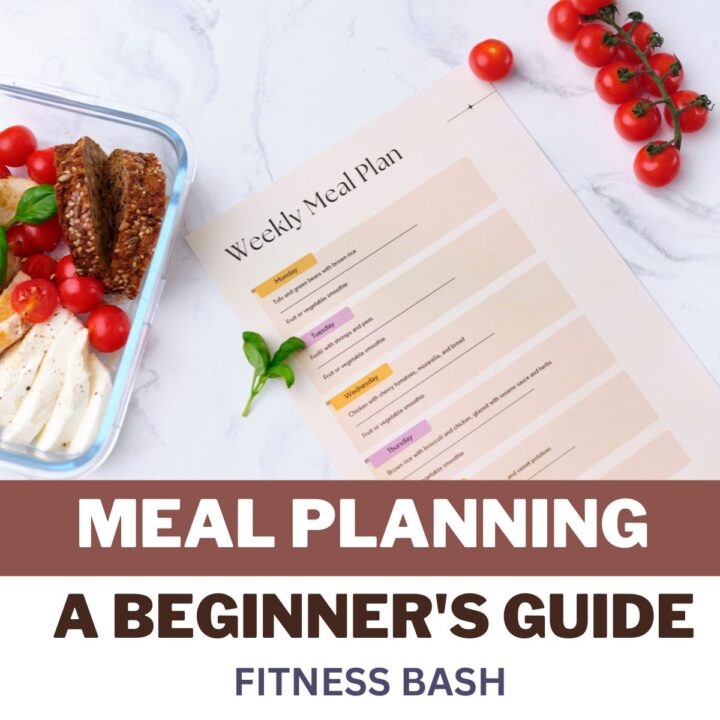A GUIDE TO MEAL PLANNING FOR WEIGHT LOSS
Embarking on a weight loss journey can be both exciting and overwhelming, especially when it comes to figuring out what to eat.
This is where meal planning steps in as a powerful tool to help you achieve your weight loss goals.
By taking the time to plan your meals in advance, you can stay on track, make healthier choices, and save time and effort in the kitchen.
In this beginner’s guide to meal planning for weight loss, we will explore the key steps and tips to get you started on the path to success.
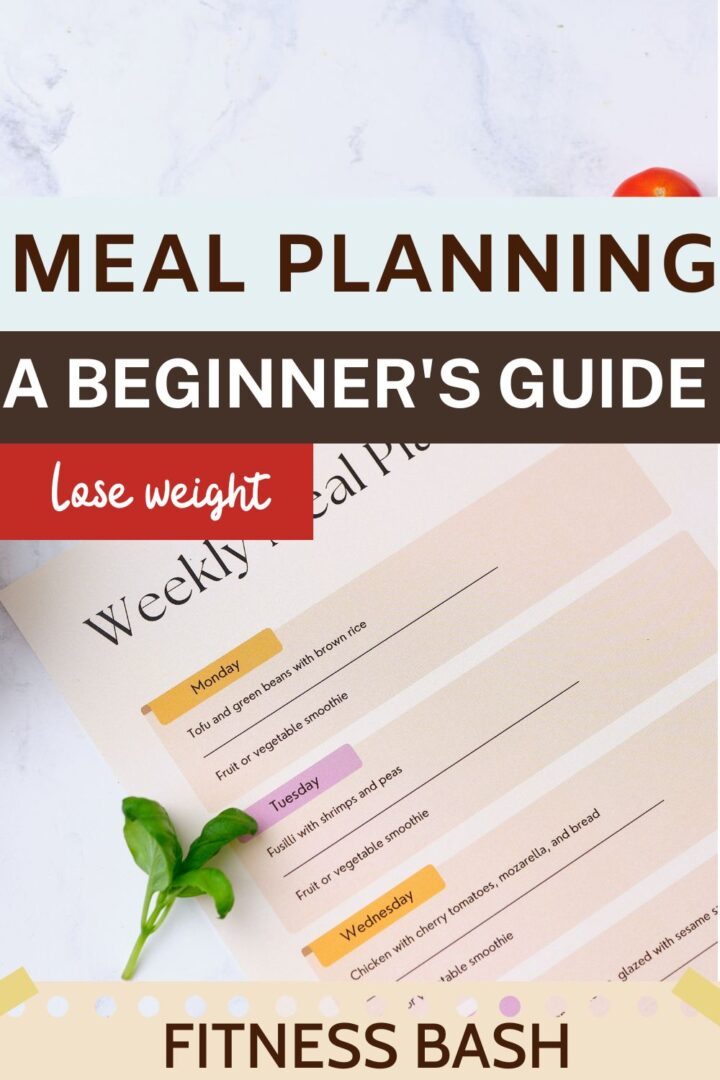
1. Define Your Goals:
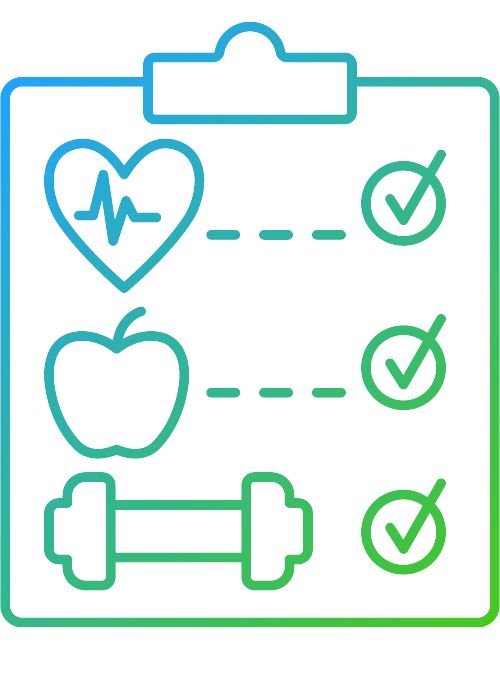 Before diving into meal planning, it’s essential to identify your weight loss goals.
Before diving into meal planning, it’s essential to identify your weight loss goals.
Determine how much weight you want to lose, the timeframe you have in mind, and the level of calorie deficit you’re comfortable with.
Consulting a healthcare professional or a registered dietitian can provide you with personalized guidance tailored to your specific needs.
2. Assess Your Caloric Needs:
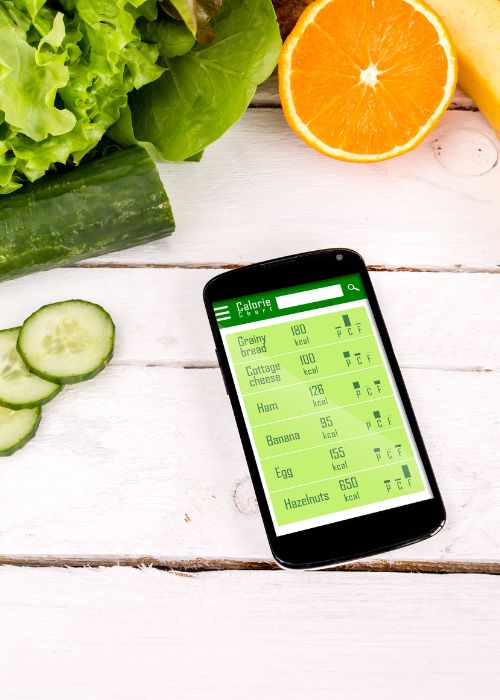
Understanding your daily caloric needs is crucial for effective weight loss.
Calculate your Total Daily Energy Expenditure (TDEE) by considering your Basal Metabolic Rate (BMR) and activity level.
Numerous online calculators can help you with this process. Once you have your TDEE, create a calorie deficit of 500-1000 calories per day to achieve a healthy and sustainable weight loss of 1-2 pounds per week.
3. Plan Balanced Meals:

A balanced meal consists of three main components: lean protein, whole grains, and a variety of fruits and vegetables.
Aim to include all three in each meal to ensure you receive essential nutrients while feeling satisfied.
Lean proteins such as chicken, fish, tofu, or legumes are excellent choices.
Whole grains like quinoa, brown rice, or whole wheat bread provide sustained energy, and a colorful array of fruits and vegetables offers a range of vitamins and minerals.
4. Create a Weekly Meal Calendar:
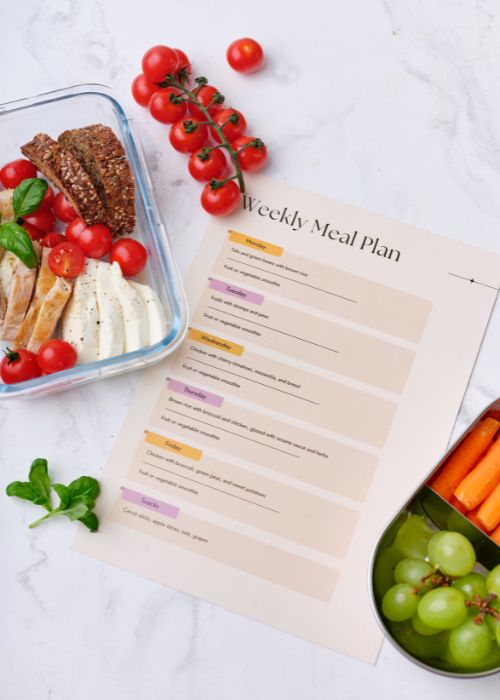
Set aside time each week to plan your meals.
Start by designing a meal calendar that covers breakfast, lunch, dinner, and snacks for the entire week. You can use digital calendar to quickly adjust when plans change, such as swapping a dinner out or adding a new recipe.
Start by designing a meal calendar that covers breakfast, lunch, dinner, and snacks for the entire week.
This not only saves you time during hectic weekdays but also helps you resist the temptation of unhealthy choices when hunger strikes.
Begin by choosing recipes that align with your weight loss goals and then make a comprehensive grocery list based on those recipes.
5. Prepping and Batch Cooking:
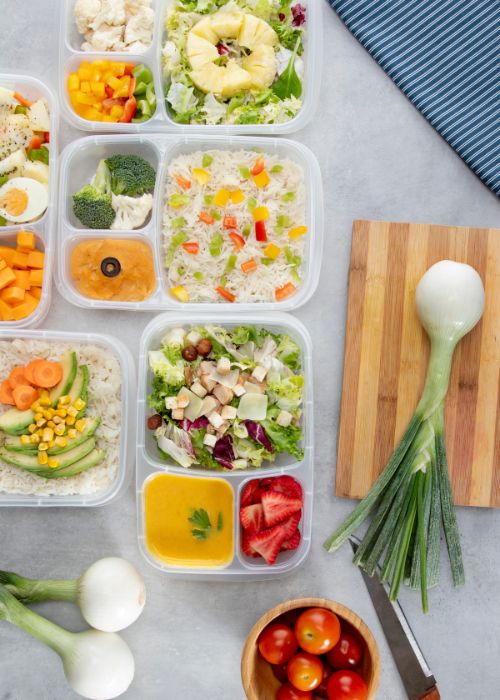
Once you have your meal plan and grocery list ready, allocate time for meal preparation and batch cooking.
Prepping ingredients, such as washing and chopping vegetables, can streamline the cooking process during the week.
Consider cooking larger portions and freezing individual servings for future use.
This way, you’ll have healthy, ready-made options readily available, preventing impulsive and less nutritious food choices.
6. Smart Snacking:

Snacks can make or break your weight loss journey.
Instead of relying on processed snacks high in sugar and unhealthy fats, choose healthier alternatives. Opt for fresh fruits, raw nuts,
Greek yogurt, or homemade energy balls. Incorporating protein and fiber-rich snacks helps control hunger and keeps you satisfied between meals.
Check out:
7. Mindful Eating:

Incorporating mindfulness into your meal planning can have a positive impact on your weight loss journey.
Slow down, savor each bite, and listen to your body’s hunger and fullness cues.
Practice portion control and avoid distractions such as TV or smartphones during mealtime.
Being present and mindful while eating helps you enjoy your meals, aids digestion, and prevents overeating.
8. Stay Flexible:

Meal planning should not be rigid or restrictive.
Allow room for flexibility and occasional indulgences to maintain a healthy relationship with food.
If you have a social event or crave a particular dish, adjust your meal plan accordingly. Strive for balance, consistency, and long-term sustainability rather than short-lived fad diets.
My Take on Meal Planning for Weight Loss
Meal planning is an invaluable tool for achieving weight loss goals.
By following this beginner’s guide, you can create a personalized meal plan that supports your caloric needs, helps you make healthier food choices, and keeps you on track.
Remember to stay flexible, listen to your body, and enjoy the process.
With dedication and mindful eating, meal planning can become a lifestyle that leads to long-term weight management and improved overall health.
